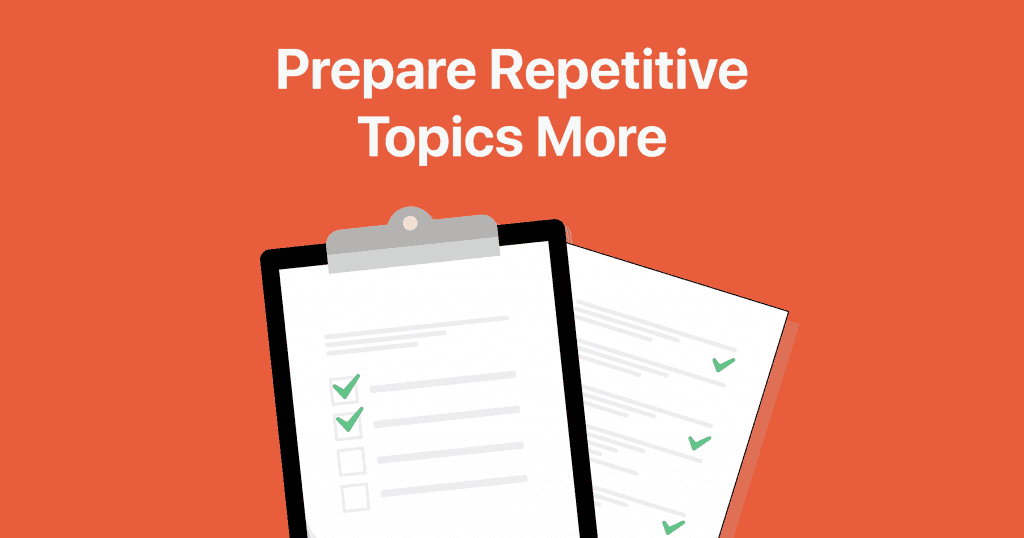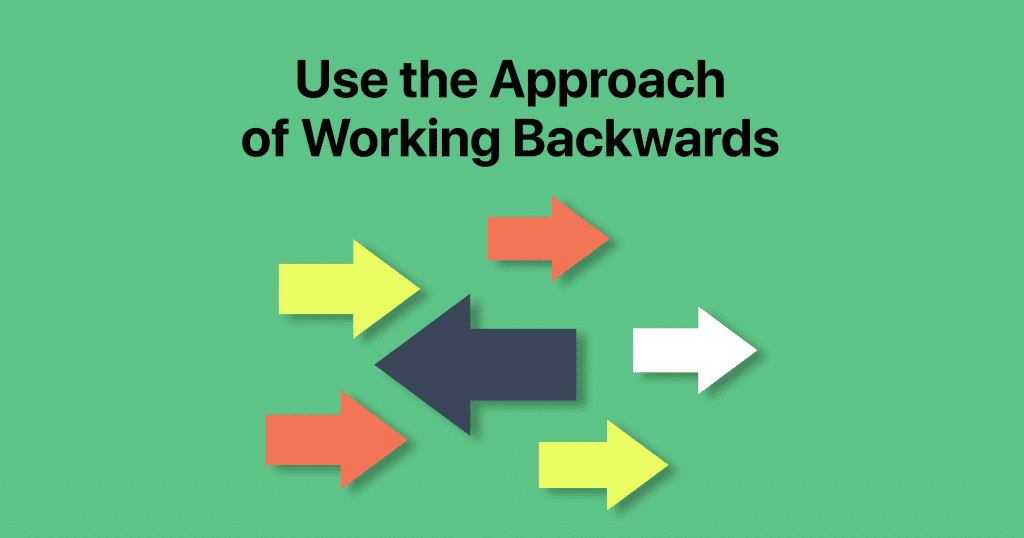Tips to Prepare Quantitative Aptitude for Commerce Students

The most time-consuming and challenging portion of the placement examinations is the Quantitative section, which most students find challenging to perform. Your odds of passing the exam are determined by how effectively you spend your time and maintain your focus during the examination.
As a student with an commerce background, you may have abandoned Mathematics, never to return to it until the Quantitative portion appears. It doesn’t matter if you’re strong at mathematics or not; the imbalance has you worried about whether you’ll be able to study for it effectively.
That’s why we have created this article to help you identify and understand the best tips to prepare the Quantitative section for Commerce background students.
Tips to Prepare Quantitative Aptitude for Commerce Students
These are the best tips to prepare the Quantitative section for commerce background students:
1. Managing Your Time

This is relevant for Quantitative Aptitude and any other type of assessment you might encounter in your professional career.
To strengthen your time management abilities, you must take mock examinations and complete sample papers. It will assist you in working under pressure. When you concentrate on time management and work to develop your talents in this domain, keep in mind that you have already beaten the competition on the placement examinations.
So consider getting scheduled online mock tests so that when you take your Quantitative Aptitude examinations, you’ll be ready to face the pressure of finishing the paper in a short amount of time.
2. Prepare Repetitive Topics More

As you’ve already seen Quantitative Aptitude patterns above, you’re aware that some topics appear more regularly than others. It would be best to devote more time to understanding and, more crucially, to practice the most significant subjects that carry the greatest weightage in your placement exams.
Though it is not advisable to skip any Quantitative Aptitude topics in your preparation, you may undoubtedly cover only the most relevant formula and equations in the less frequently asked chapters.
You must devote time to what you have learned. It’s not a good idea to read a lot in one day. Furthermore, it takes a bit of time for the principles you’ve learned today to become second nature to you when applying them to problems.
3. Learn Important Equations, Concepts, and Figures

There are a lot of equations, concepts, formulas, and other important static things in Quantitative Aptitude. On a piece of paper, note down the significant ones that you will need to remember. Keep it close at home so you may refer to it at any moment, and to become acquainted with them, put in a great deal of practice time.
While working on various topics, attempt to figure out which topics you are good at and which ones you are really not. Please do not overlook the ones in which you are significantly weaker since they may make up a significant portion of the examinations. You can also seek advice from a professor, tutor, or a senior.
4. Use the Elimination Procedure

You should use the method of elimination as a backup method whenever you’re trapped with a problem that you don’t think you can answer in the usual way. This approach might come in helpful if you are faced with a question to which you have no clue how to respond.
Suppose you’re unfamiliar with this and don’t know the elimination method. In that case, it’s a straightforward procedure in which you remove choices depending on how unnecessary or inaccurate they seem in the context of the question asked and then choose the answer that appears the least erroneous to you. Then you select that choice and go ahead.
5. Use the Approach of Working Backwards

If you’re not sure how to respond to a problem that requires you to search and answer for a certain value, keep in mind that the exam has already provided you with the correct number; all you have to do now is discover it among the incorrect ones. You could reverse the process by entering in all of the available responses until one of them works.
Furthermore, because the Quantitative Aptitude usually arranges solution options in rising numerical values, commencing with the midpoint option will save considerable effort. You can then decide if you need to increase or decrease your answer, as well as delete several wrong choices in one go.
Final Words
We hope this article helps you to identify the best tips for preparing the Quantitative Section for Commerce background Students. Acing the Quantitative Section for Commerce background Students isn’t difficult, but it takes a lot of practice.
As a result, it’s critical that you take sample tests or answer questions in a monitored environment. Even if you’re just answering questions for pleasure, keep a wristwatch or a clock close by. This will keep you alert and help you adjust to the exam environment.
Explore Quantitative Aptitude Guides
- Quantitative Aptitude Accuracy Guide
- Quantitative Aptitude Easiest Topics
- Quantitative Aptitude Learning Order
- Quantitative Aptitude Preparation Guide
- Quantitative Aptitude Scoring Guide
- Quantitative Aptitude Solving Guide
- Quantitative Aptitude Speed Guide
- Quantitative Aptitude Topics for IT Companies
- Quantitative Aptitude Topics for Placement Exams
Explore More Quantitative Aptitude Resources
Related Posts


Quantitative Aptitude Cheat Sheet
Quantitative Aptitude is a crucial aspect of many exams, interviews, and job placements. It requires the ability to perform mathematical …
Warning: Undefined variable $post_id in /var/www/wordpress/wp-content/themes/placementpreparation/template-parts/popup-zenlite.php on line 1050







